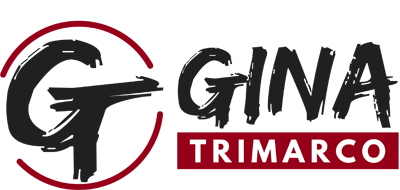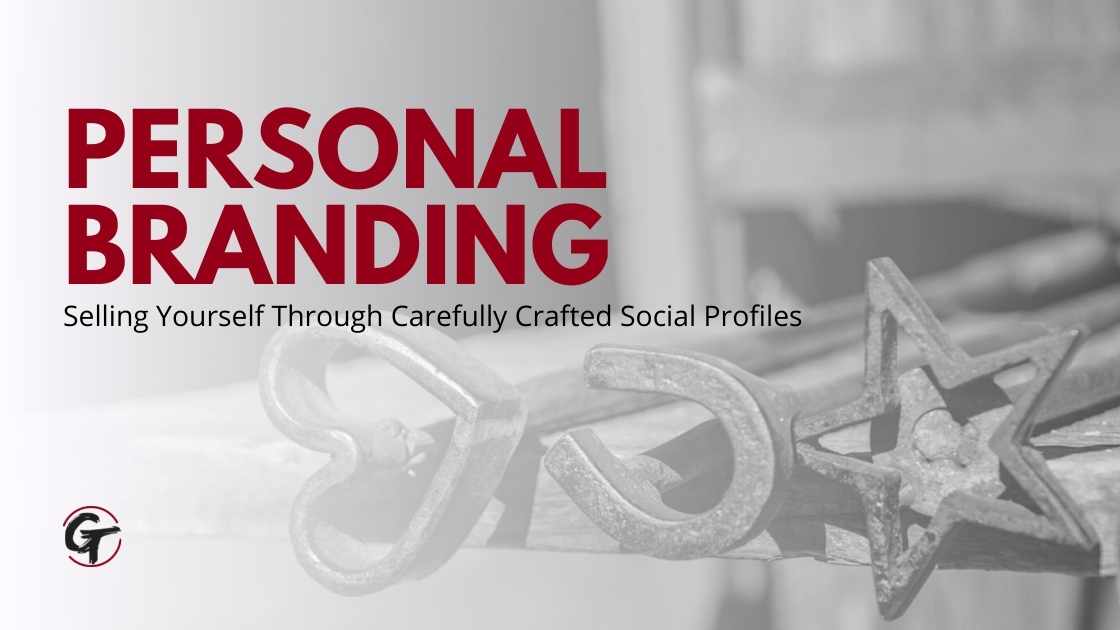Businesses building and developing their brand is commonplace, in fact it’s encouraged, even celebrated, and usually ends in a windfall of revenue. Hello to the Nike’s and Apple’s and Coca-Cola’s of the world.
Fun fact, the same success can be had by developing your personal brand. What exactly is personal branding and why is it so important?
Last week on Women Your Mother Warned You About, Susanna Gray-Jones and I had the pleasure of chatting with Kristina Jaramillo, President of Personal ABM who insisted that your personal brand is more important than the brand of the company that you’re working for.
You probably just clutched your pearls and gasped loud enough that your colleagues are now questioning whether you’re actually working or binging episodes of Ozark, but give Kristina a chance to explain:
“If you have a great personal brand and you’re super relevant [to your buyer] on LinkedIn, whether it’s through your profile or what you’re sharing, [your buyer] will see you as someone that’s going to give them value and not someone simply trying to sell them.” She went on to warn our listeners that while earning Sales Frontrunner and President’s Circle Awards for the last six quarters is worth a ‘congratulations’, it could be a red flag to potential buyers. “I’m going to put my wall up right away. They could have the best product, and save me money or make me more productive but if I see they are just about the sale as opposed to teaching and giving value and sharing insights, well you can hurt yourself that way.”
Makes a lot of sense now doesn’t it?
And as it turns out, a personal brand isn’t much different from a business brand. It’s intentional and it’s how you want people to see you. You have the power to define your brand by aligning your intentions with your actions. This helps your prospects connect both emotionally and intellectually to the image you hope to portray. And what do people do when they’re emotionally connected? They buy.
So what’s the first step in building a successful personal brand?
Establish Your ‘Why’.
Define what you’re passionate about. Your personal brand will reflect your likes, your interests and it’s important that your brand is a genuine and authentic representation of who you are, why that’s important and what value you bring to your industry and its people. In doing this it’s important to keep it real. If you’re genuine it will be easier to maintain your brand during the day-to-day grind. Also, people can smell bullshit, it’s as easy as that.
After that you’re going to want to fine tune your social footprint.
You probably have LinkedIn and Facebook and Instagram and all the other social platforms known to mankind and probably a few that you don’t really need and aren’t really relevant to your success. Pro tip: you can go ahead and eliminate those. The remaining profiles should reflect the ‘why’ you defined. This also goes for the information you share; it should remain consistent with the overarching tone and message of your personal brand.
Need some inspiration here? Who are your favorite influencers? Who do you follow on LinkedIn that is always sharing relevant and compelling content? Success can be found in going viral and that comes from studying trends and popular individuals on different platforms, then implementing those ideas with your own twist.
Then it’s time to tell your story.
Come on, you knew it would come to storytelling. But it’s fact, crafting a narrative that speaks to your prospects and clients is the easiest way to engage the most people. I can hear your protests now ‘but Gina, I’m not a writer’. And you don’t have to be (cue video messages my friend) but you could use a quick rundown of the essential elements of compelling stories and what I affectionately call the ‘Story Spine Framework’. All of which I detail in my SalesGravy course, Selling With Stories. Upcoming workshops are happening March 31st and May 26th.
Haven’t taken a SalesGravy.University course yet? Contact me for a special offer!




